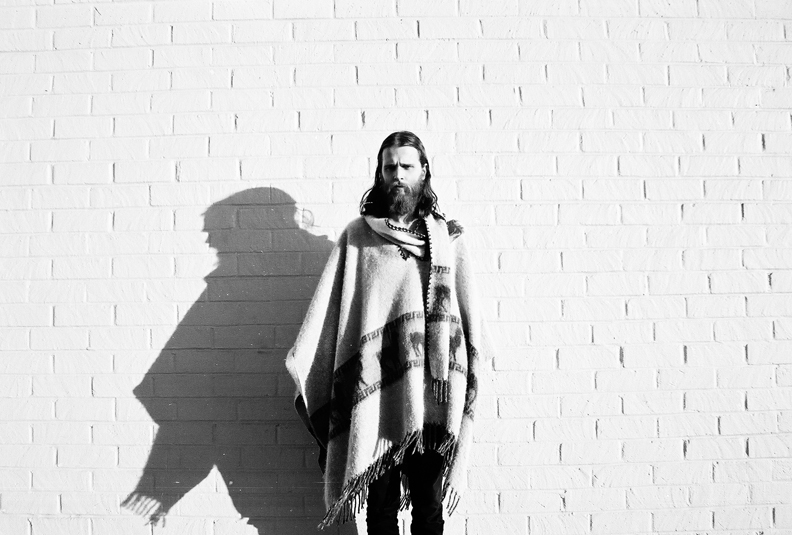JMSN with Jimi Wonder and B U R K E
10 p.m. Thursday
Kamps | Oklahoma City
There’s an irony to the trajectory Detroit-bred R&B crooner JMSN has seen his career his take, shunned for making the music five years ago that is dominating the scope of modern music now. It’s as much an indictment of the industry as anything, a case study in its tendency to keep its eyes peering to the side at what everyone else is doing instead of ahead towards the future of what they might. Age and a few lumps convinced JMSN, born Christian Berishaj, to forgo the big boys obsessed with capitalizing on current trends instead of fostering new ones, instead founding his own label to release his music without compromise.
“Time has been the most strong influence of anything for me as an artist and as a person,” JMSN said. “You grow up and you realize that you need to do what makes you happy. It was me letting someone else make decisions for me. I didn’t have an opinion at that time; I thought I was supposed to listen to anyone besides myself. Eventually, I found out that I was doing it wrong, and that I wasn’t going to be happy with what I had in the end doing it that way.”
What ultimately devolved into a tug-of-war with his creative spirit began with his mom cold-calling label execs in support of his crunchy pop-rock project Love Arcade, one that he produced, mixed, recorded and played all the instruments for at the tender age of 19. Atlantic answered, although the label released him before long. JMSN signed another deal with Universal Motown, who intended on making him into a garden variety pop singer known as Christian TV, singing songs like “Love 2 Baby” and “When She Turns 18” and performing on So You Think You Can Dance. But he was getting older and less pliable, more interested in becoming an artist than a star.
The strain that JMSN allowed himself to endure finally felt unbearable, setting his foot down as he worked on the material that would eventually become his debut, Priscilla. It was essentially deemed “too out there,” though the drippy productions and his soft but piercing falsetto played out like Justin Timberlake locked in a room with Clams Casino. This sound took hold just as The Weeknd, Frank Ocean and How to Dress Well were also ushering in a new era of forward-thinking R&B that proved not only critically admirable but commercially viable. As he put out his self-titled album in the waning moments of 2014, the world wrapped up in D’Angelo’s return to music and eagerly anticipating the jazz-soul explosion that was Kendrick Lamar’s To Pimp a Butterfly, major labels were actively pushing their signees towards the sound they ignored as little as three years ago, forever a step behind.
“It’s exactly what they do at those labels. They follow the trend that’s happening, but they don’t think about why it’s happening in the first place,” JMSN said, reminded of Carly Rae Jepsen working with Dev Hynes (of Blood Orange fame). “It’s because of someone, somewhere doing something that meant something to them, that was genuine, whether or not it was cool in that moment. Then, they have to bastardize it.”





